Two South Asians named Schmidt Polymaths for 2025
Saad Bhamla and Arvind Murugan join a global cohort of eight scientists recognized for pioneering research.
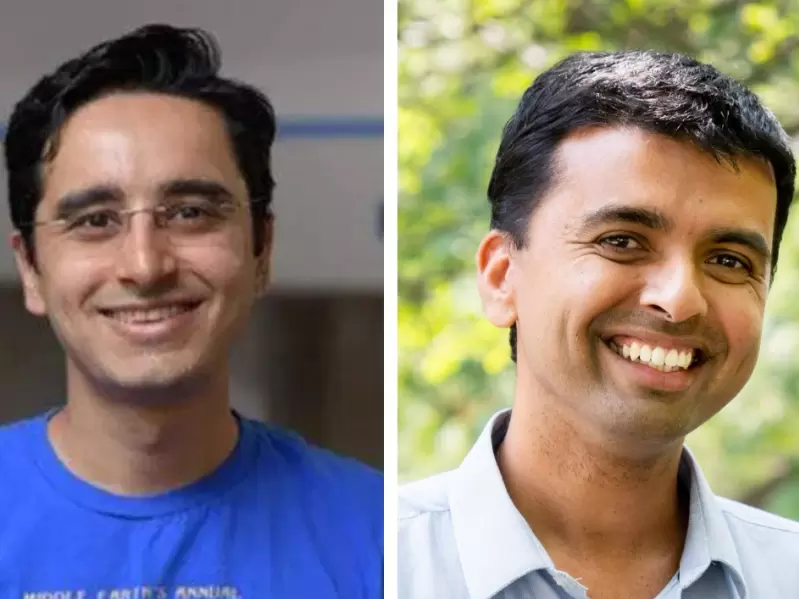 Saad Bhamla and Arvind Murugan. / University of Georgia and University of Chicago
Saad Bhamla and Arvind Murugan. / University of Georgia and University of Chicago
Two South Asian researchers have been named to the 2025 cohort of Schmidt Polymaths, an international program that supports scientists and engineers pursuing novel approaches across disciplines. Saad Bhamla of Georgia Institute of Technology and Arvind Murugan of the University of Chicago are among eight awardees selected this year, Schmidt Sciences announced on Sept. 16.
Each recipient will receive up to $2.5 million over five years to advance projects that apply new methodologies or move into new fields of research. The program, now in its fifth cohort, is designed to encourage high-risk, early-stage work that is often difficult to fund through traditional sources.
Bhamla, an alumnus of the Indian Institute of Technology Madras and an associate professor in Georgia Tech’s School of Chemical and Biomolecular Engineering, plans to develop low-cost technologies addressing large-scale challenges. His work will include AI-enabled point-of-care diagnostics for use in low-resource environments and the engineering of autonomous morphing machines capable of adapting, evolving, and learning in ways similar to living systems.
ALSO READ: Indian-origin researcher wins Google award
Murugan, an associate professor of physics at the University of Chicago, will lead experiments exploring how molecules can compute and learn through natural processes. His research seeks to show how evolution and synthetic biology can tap into the physical properties of matter without requiring constant intervention, opening new avenues in the understanding of molecular systems.
Wendy Schmidt, who co-founded Schmidt Sciences with Eric Schmidt, said the initiative was created to foster broader scientific inquiry. “Our world is one deeply interconnected system—but to study it more deeply, we’ve divided it into increasingly narrow categories,” she said. “Schmidt Polymaths see the bigger picture, pursue answers beyond boundaries and expand the edges of what’s possible. Their work can help steer us all toward a healthier future, for people and the planet.”
Awardees are drawn from universities worldwide and must have received tenure, or equivalent recognition, within the past three years. Previous cohorts have produced advances in sensor technologies, atomic-scale experiments, algorithmic biology, and mathematical discovery aided by artificial intelligence.
ADVERTISEMENT
ADVERTISEMENT
E Paper
Video




 Pranavi Sharma
Pranavi Sharma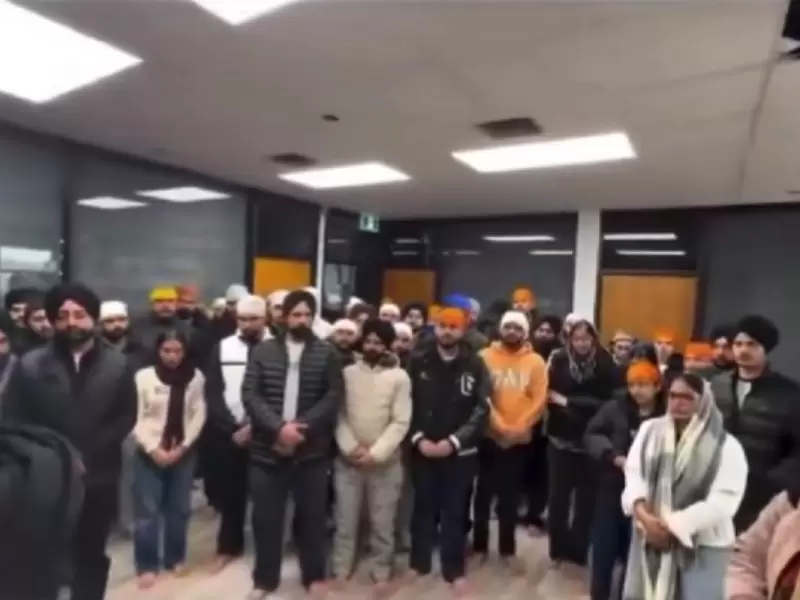

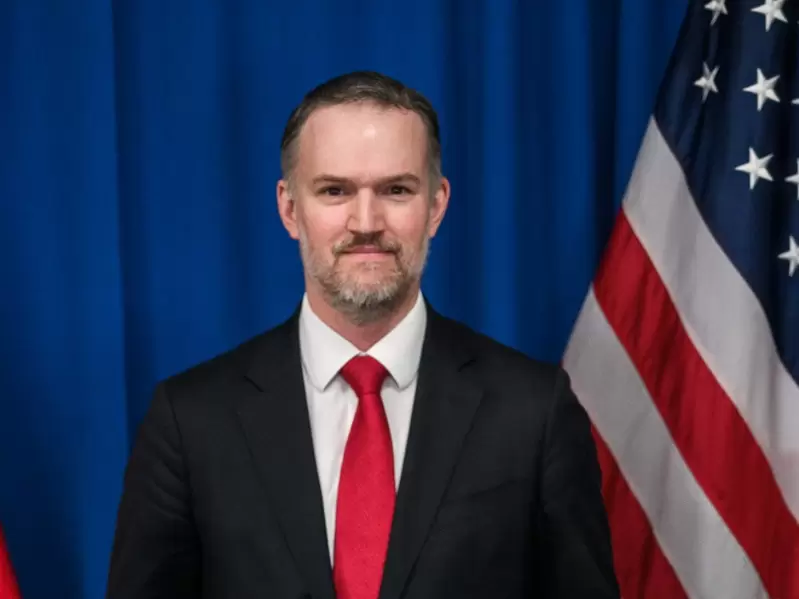
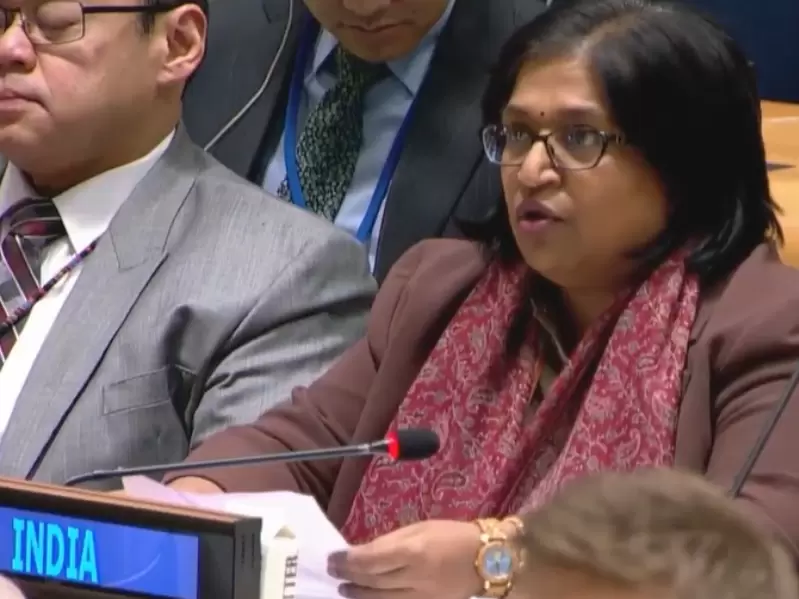
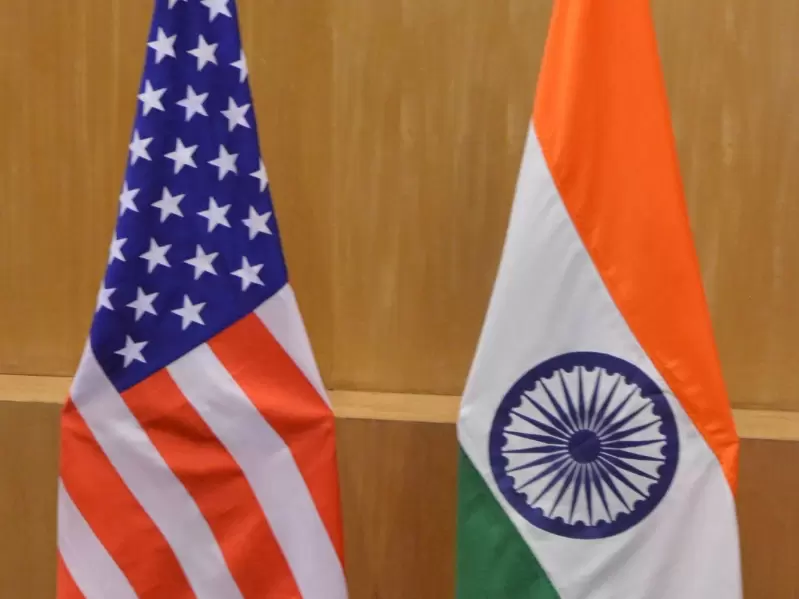

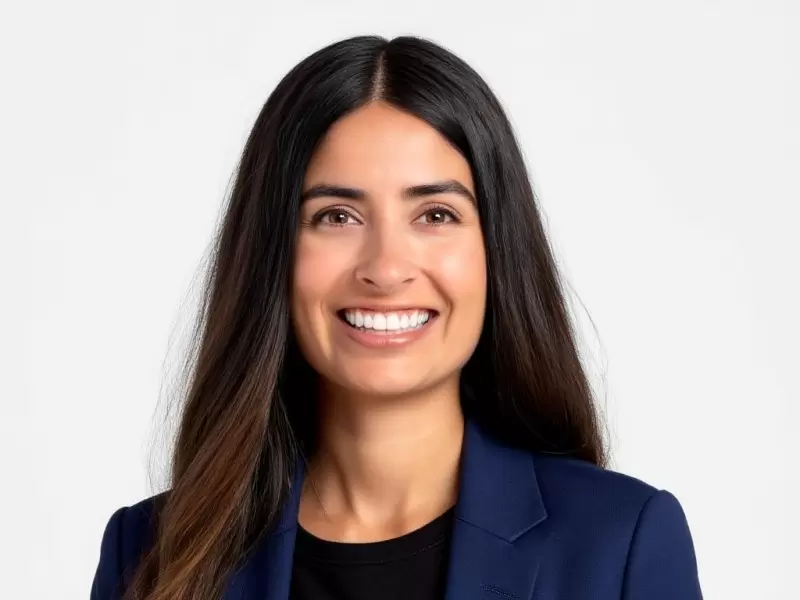
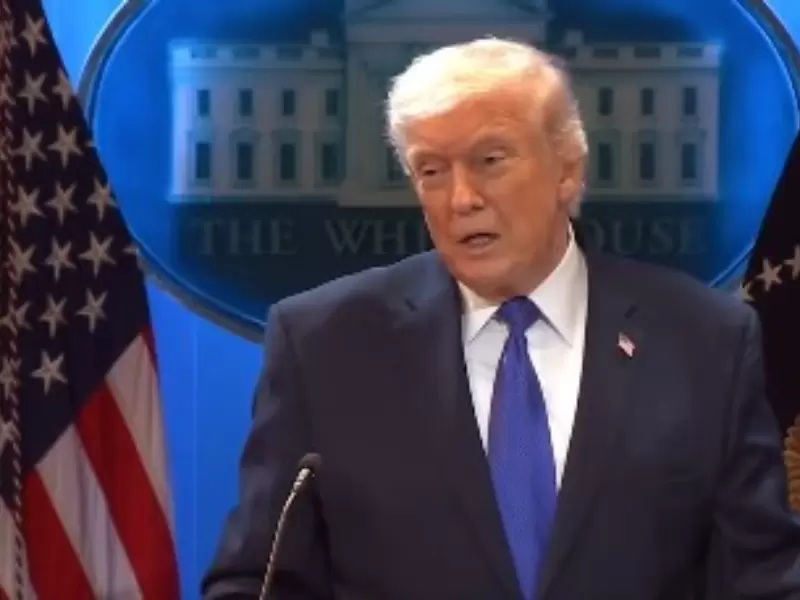

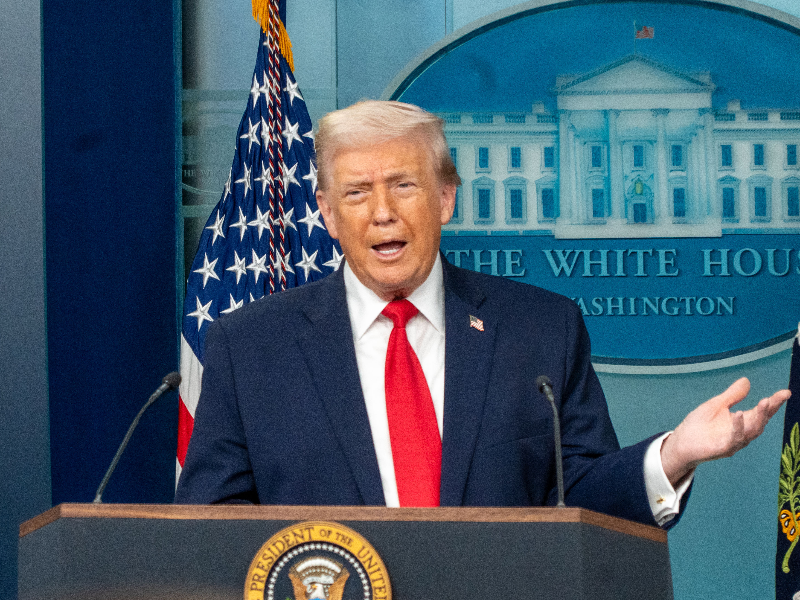
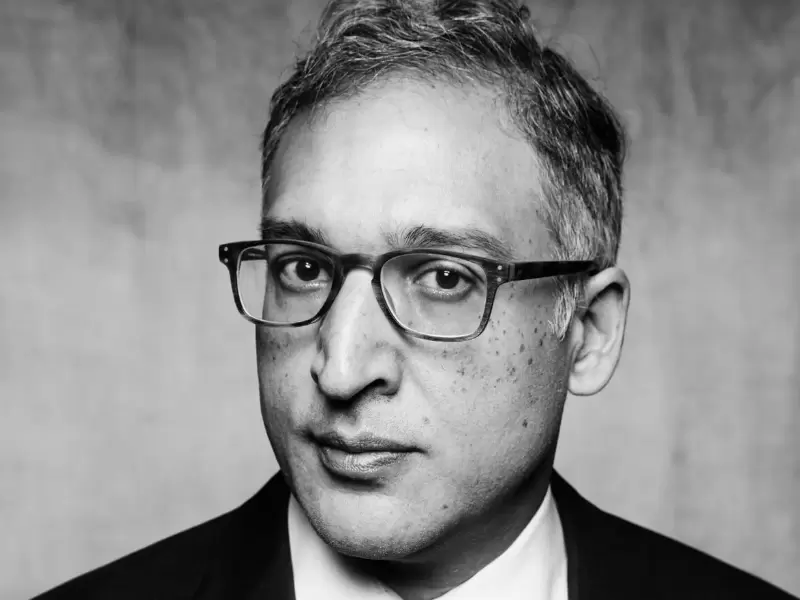



Comments
Start the conversation
Become a member of New India Abroad to start commenting.
Sign Up Now
Already have an account? Login